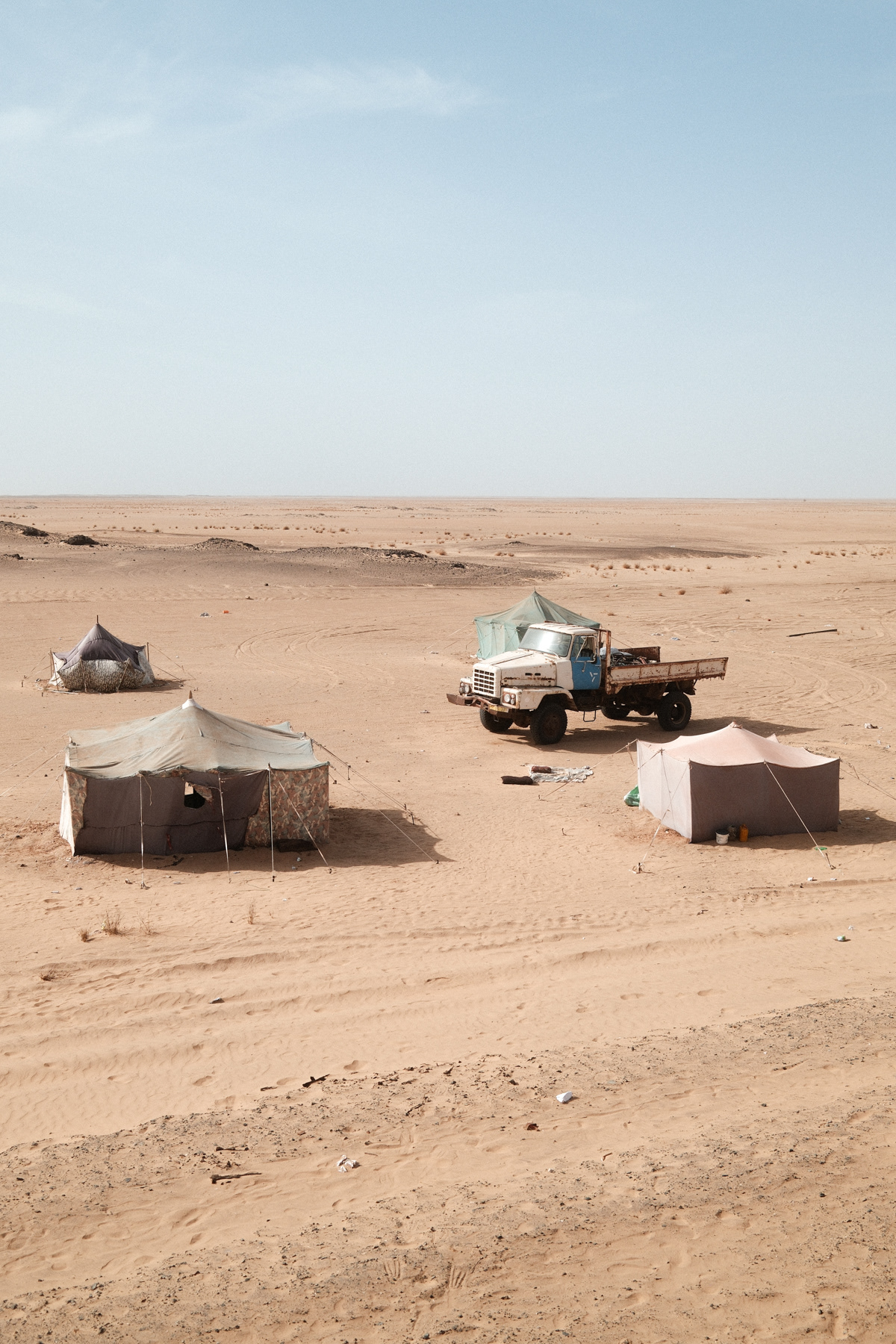

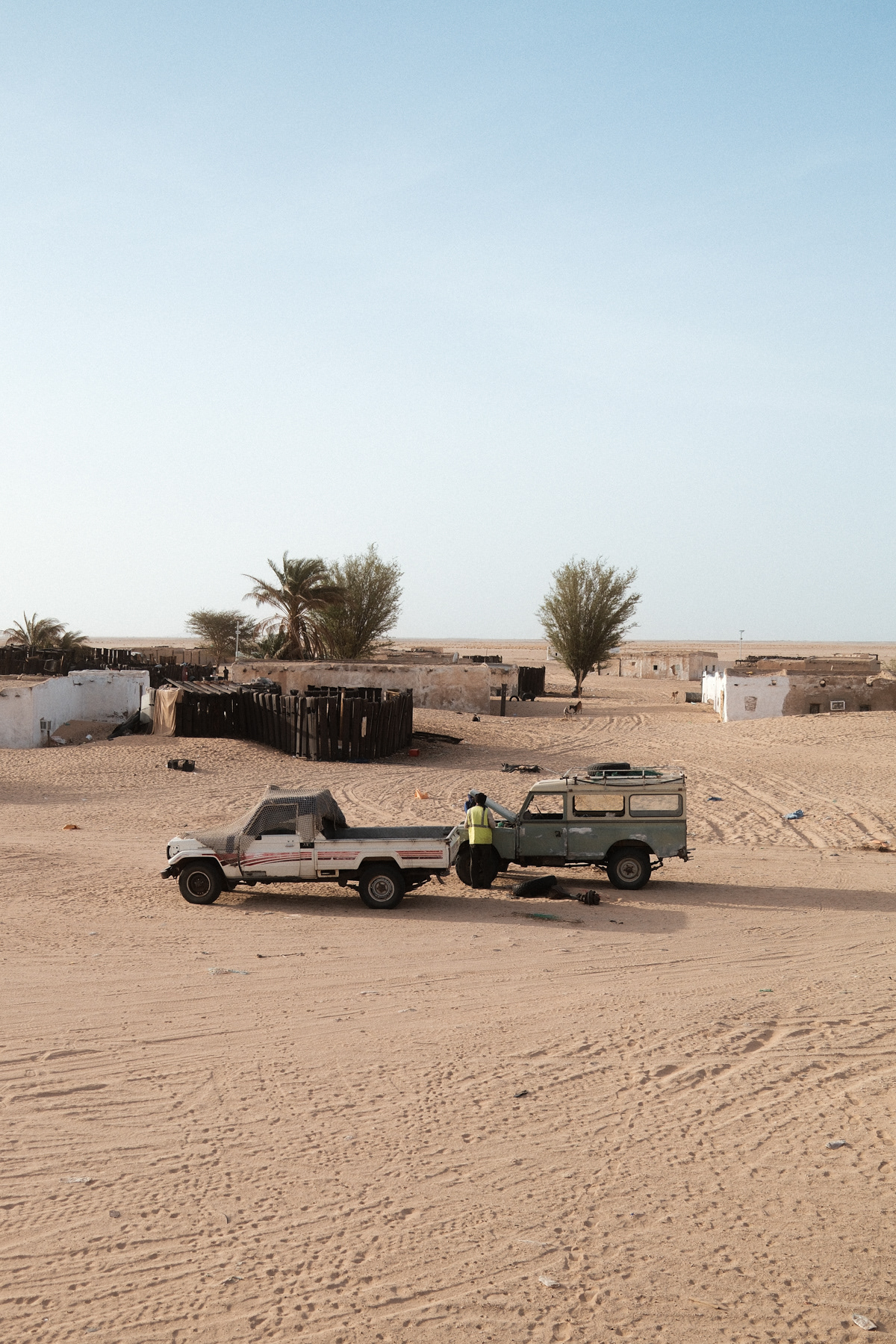
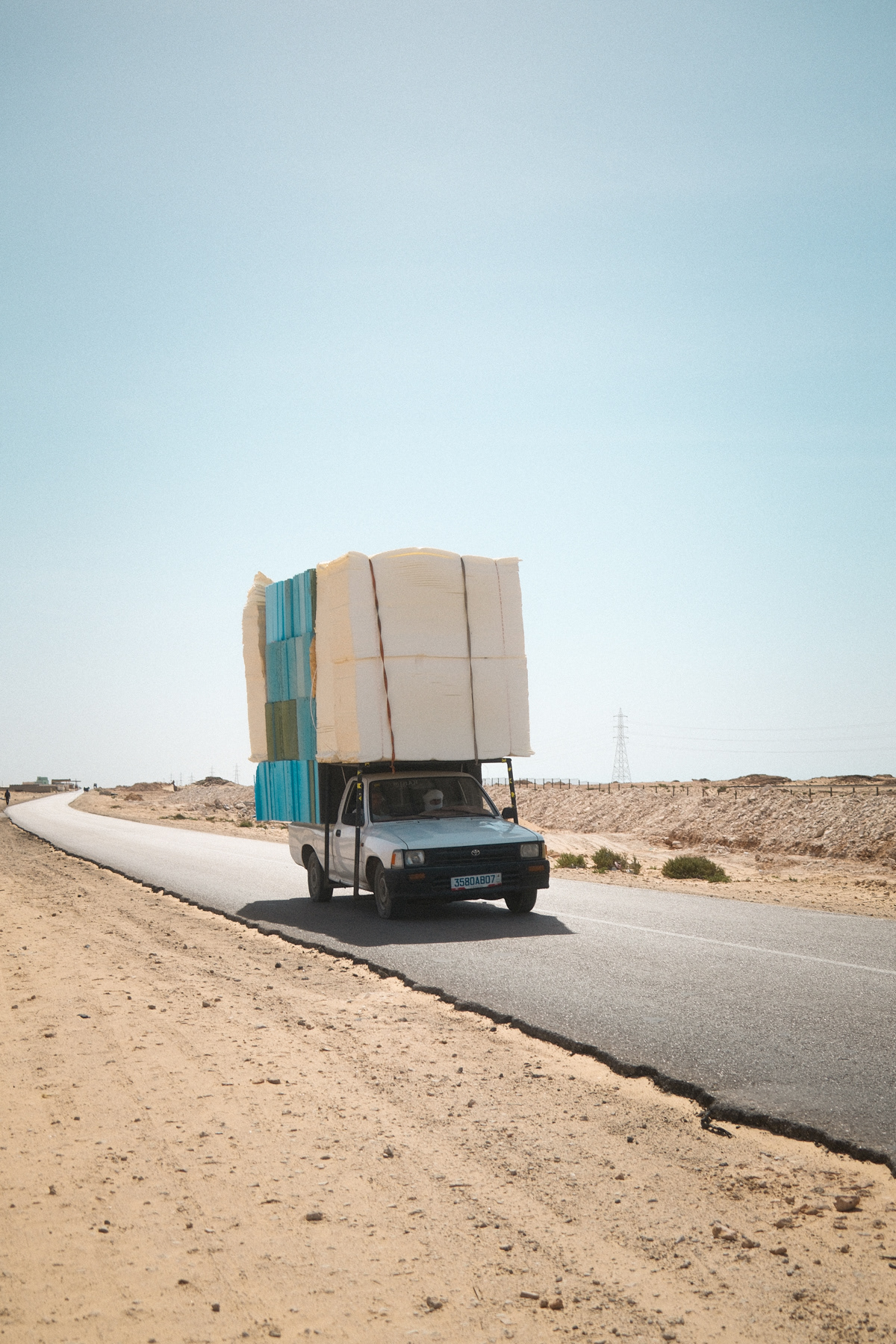
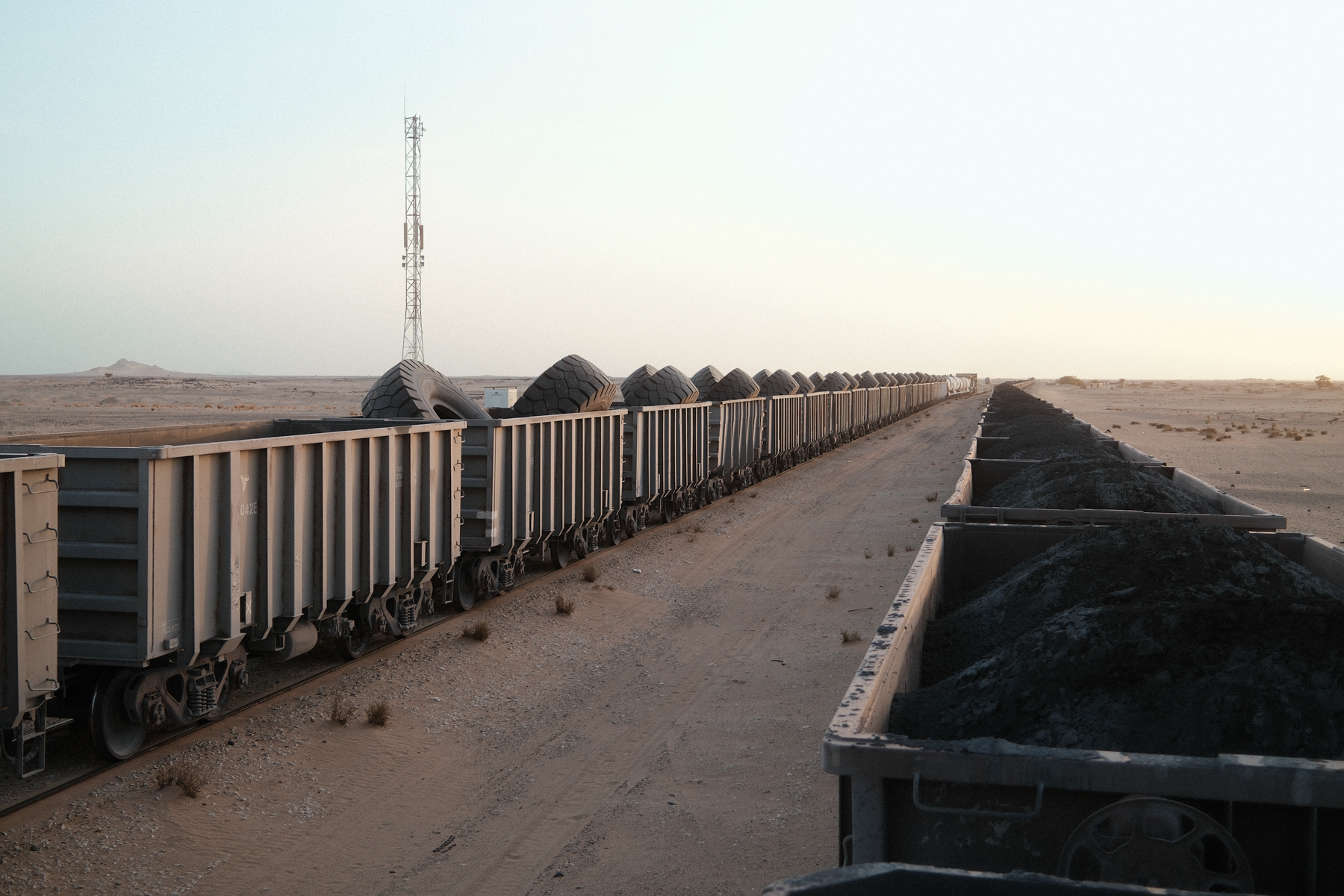

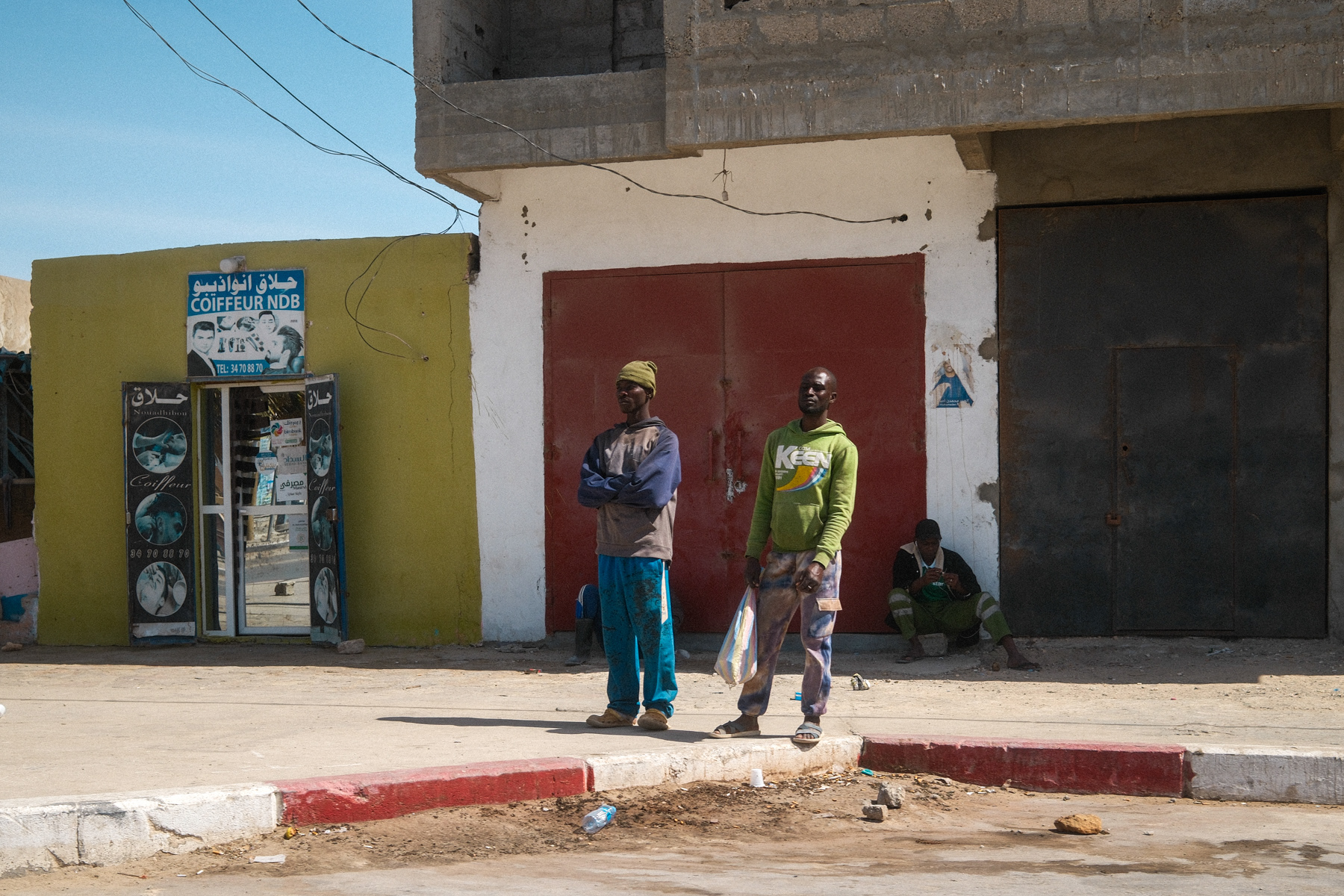

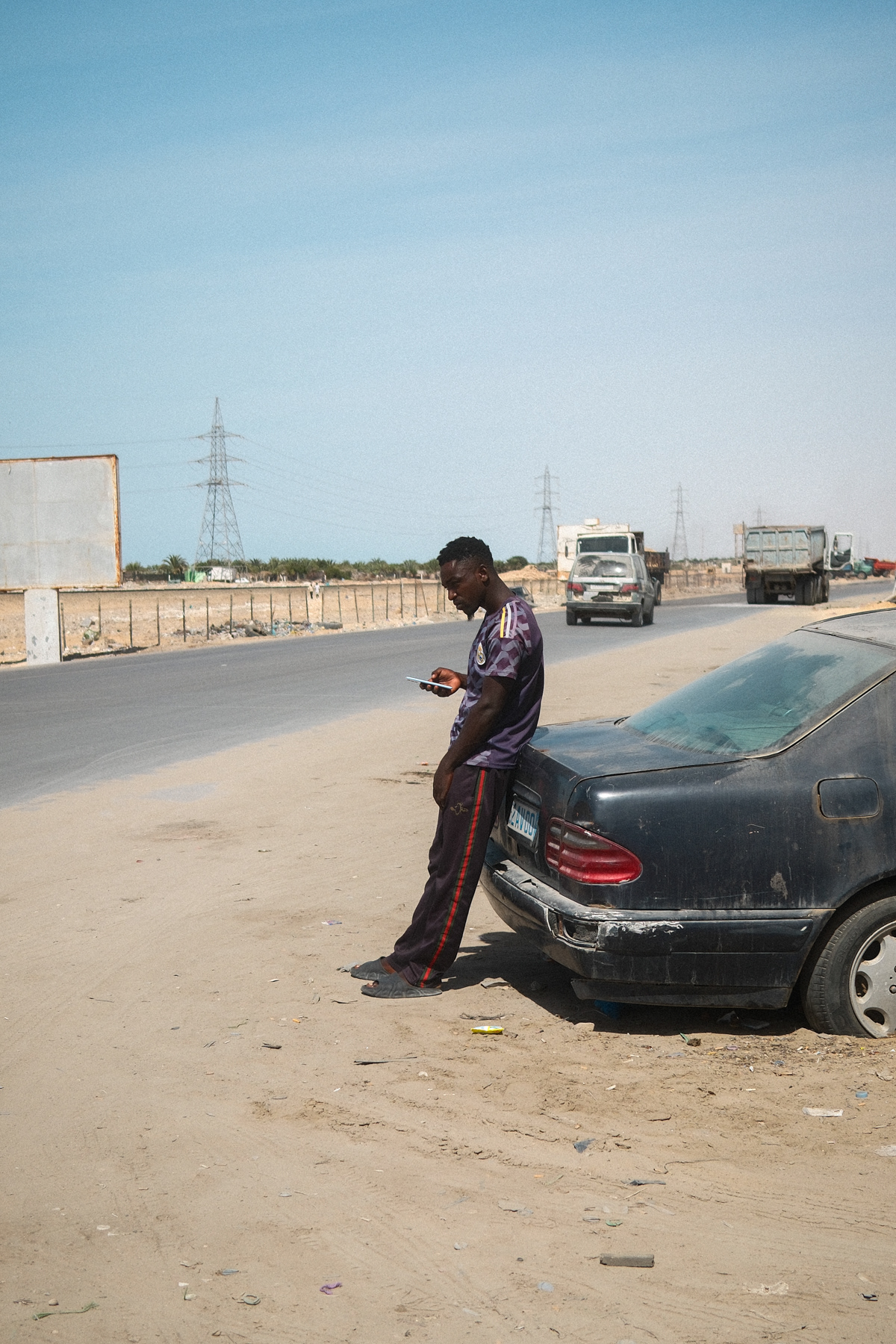


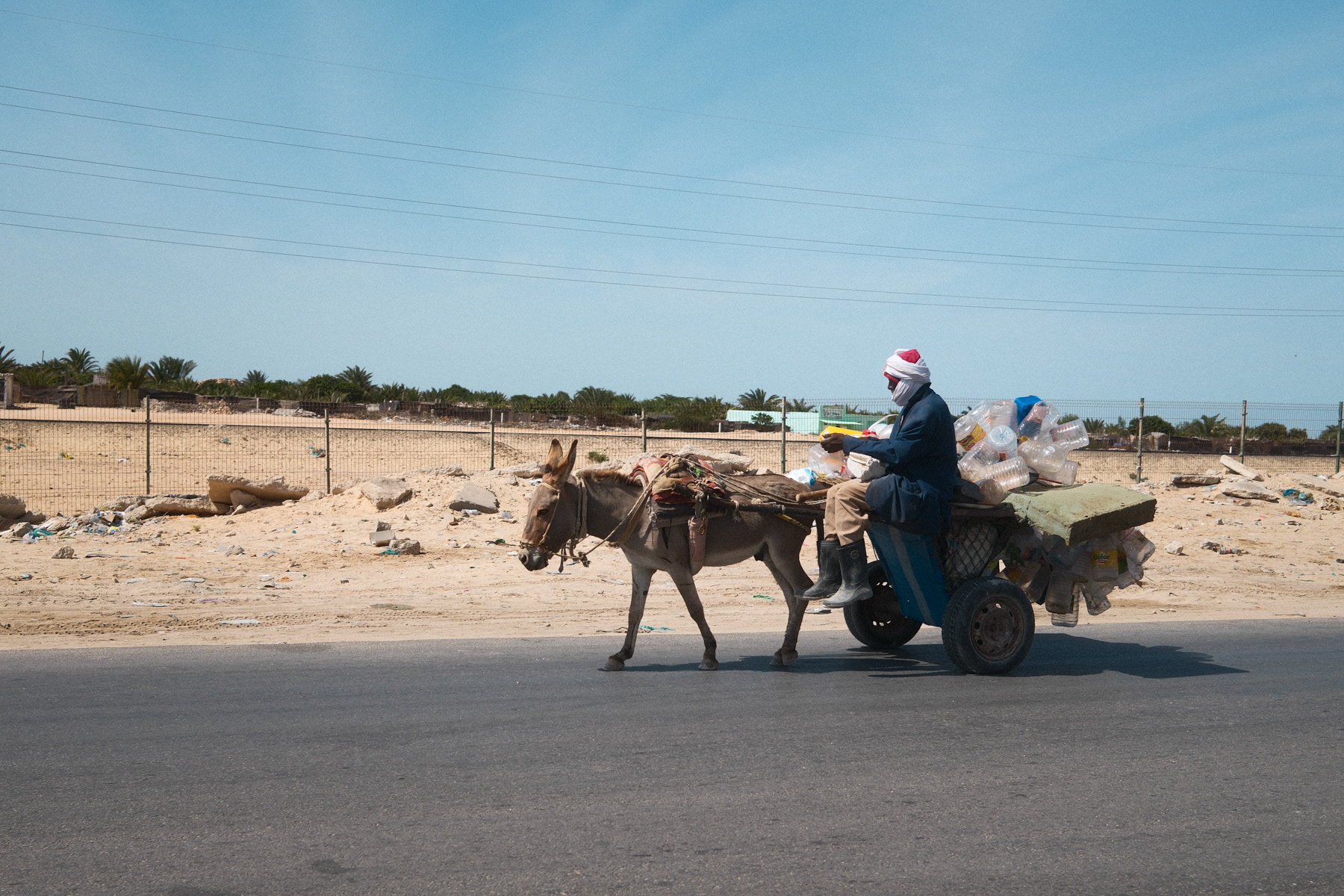
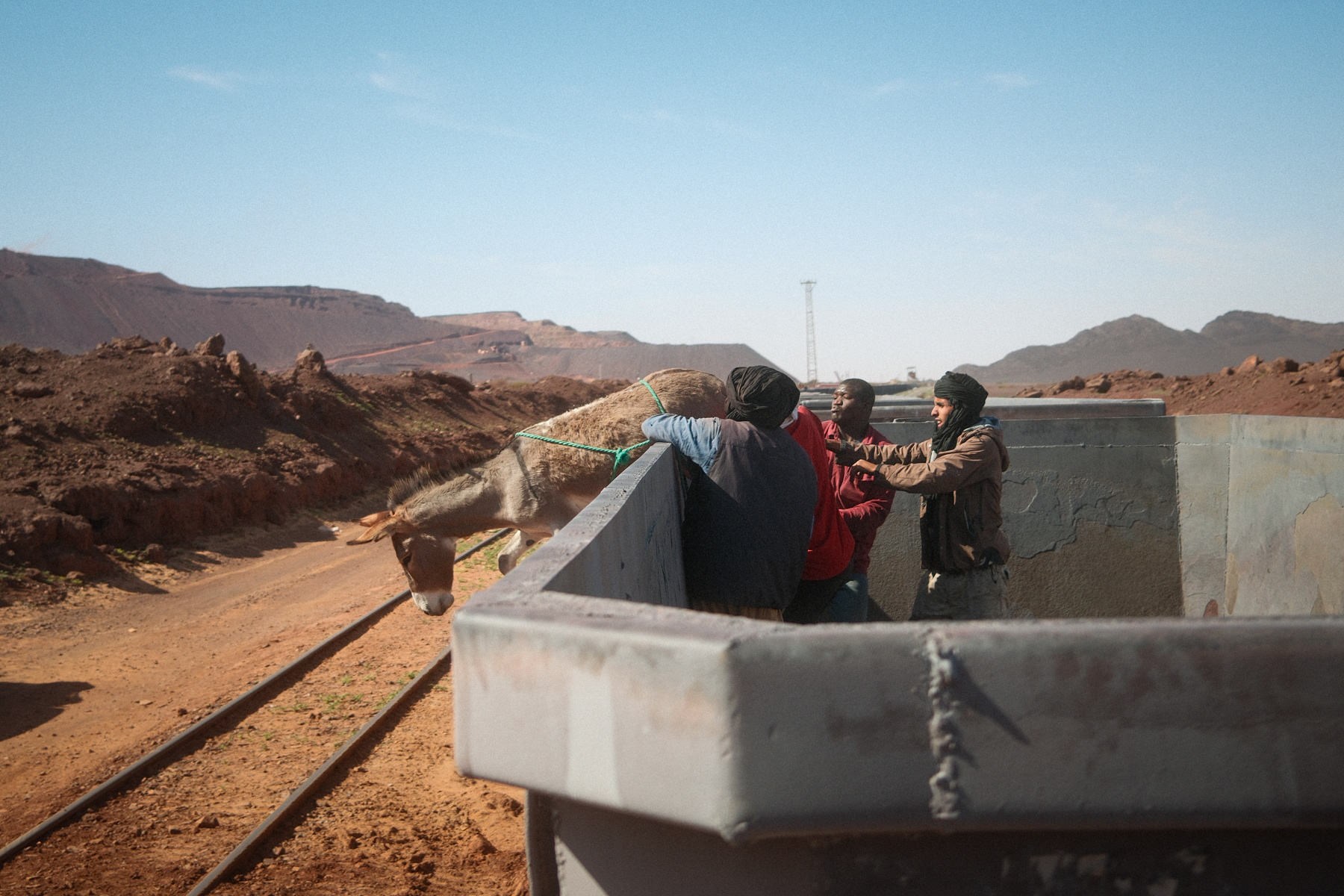
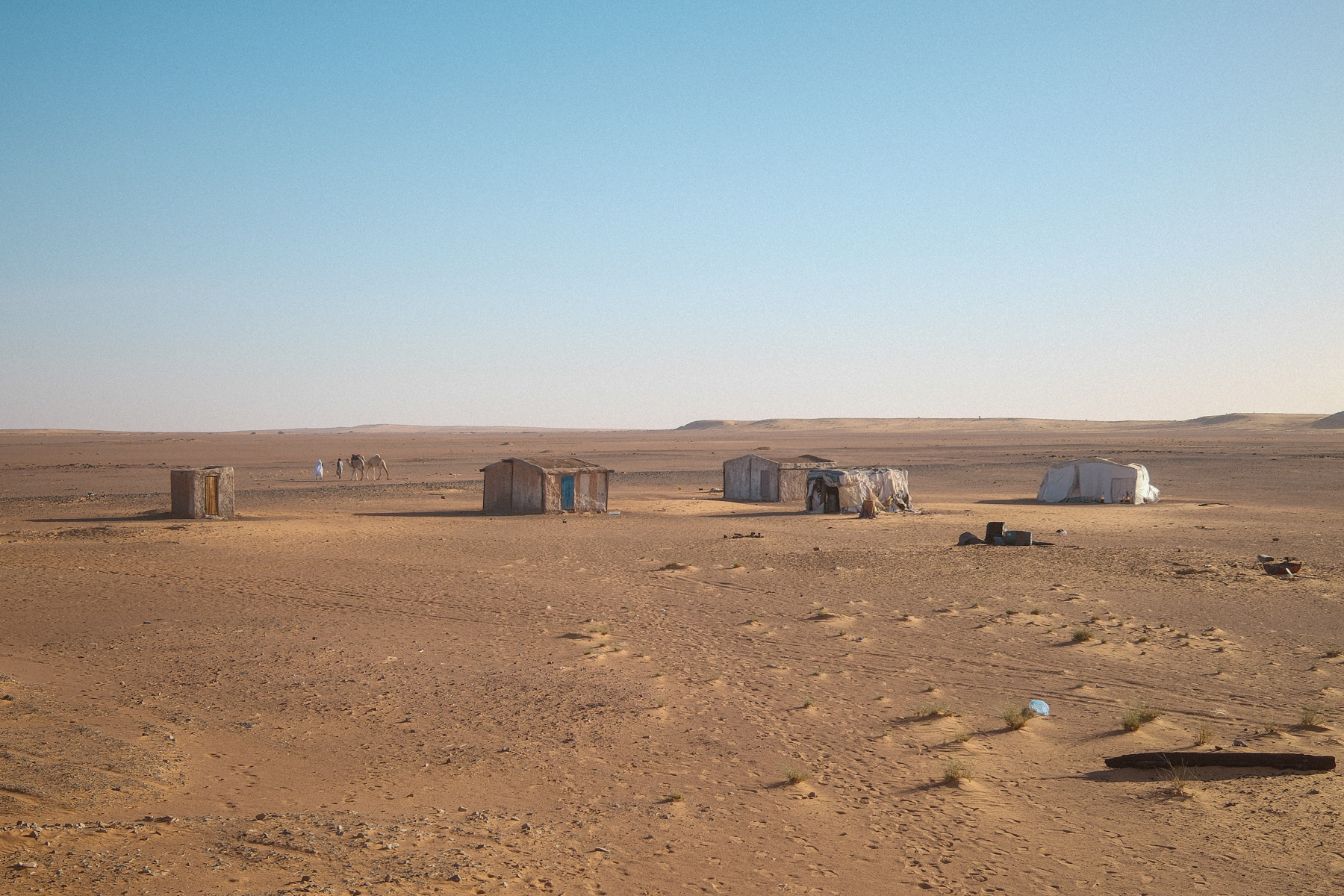


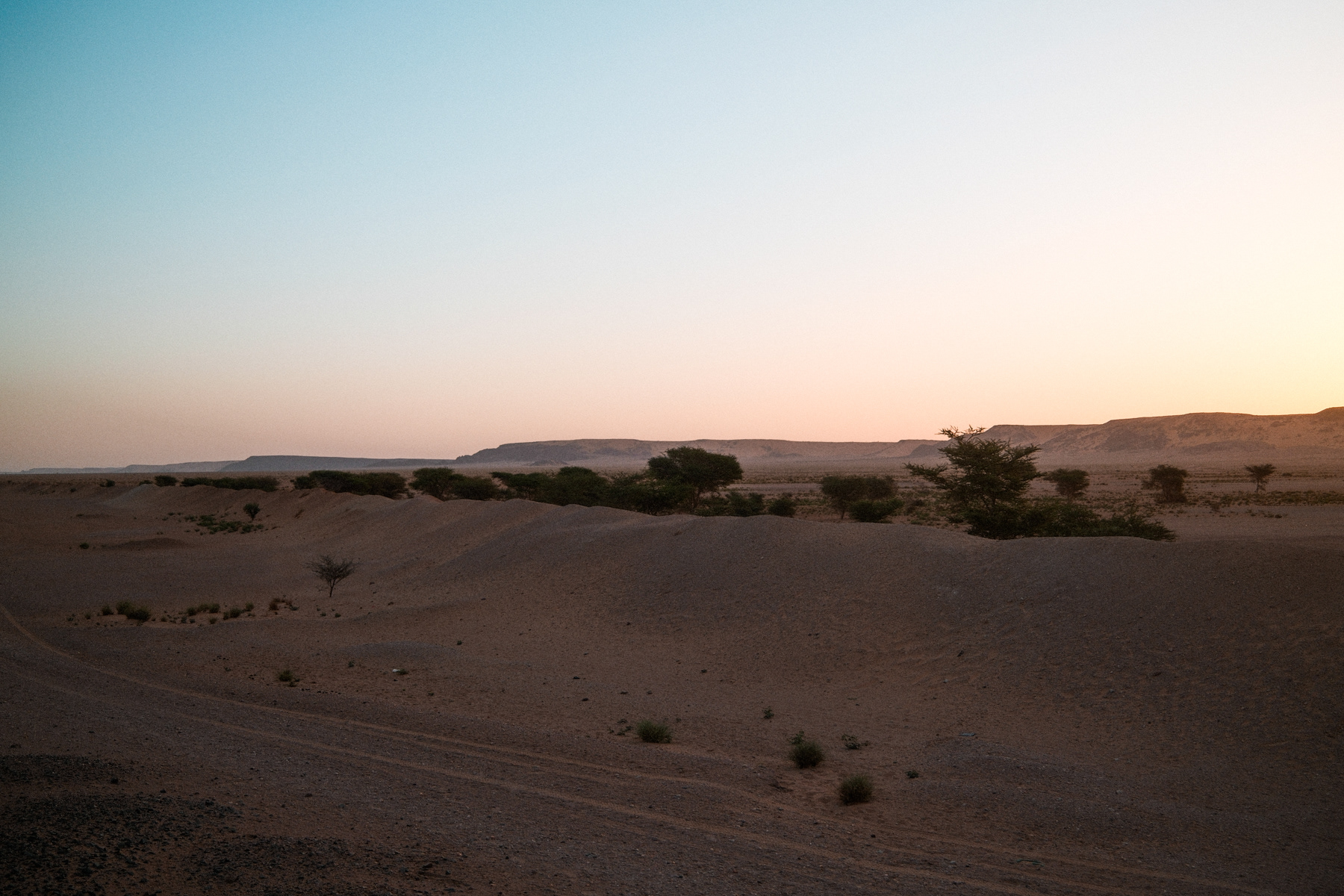



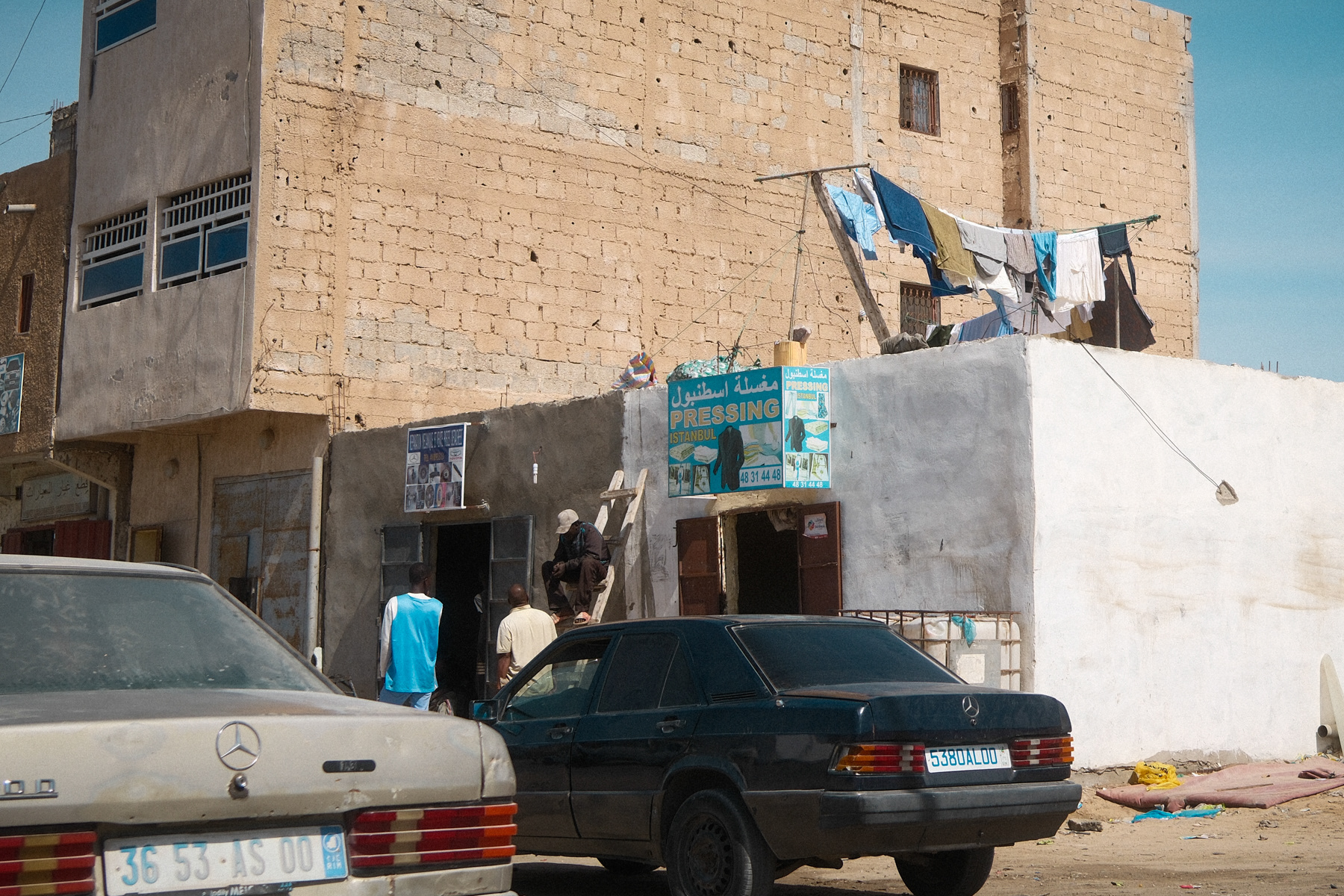

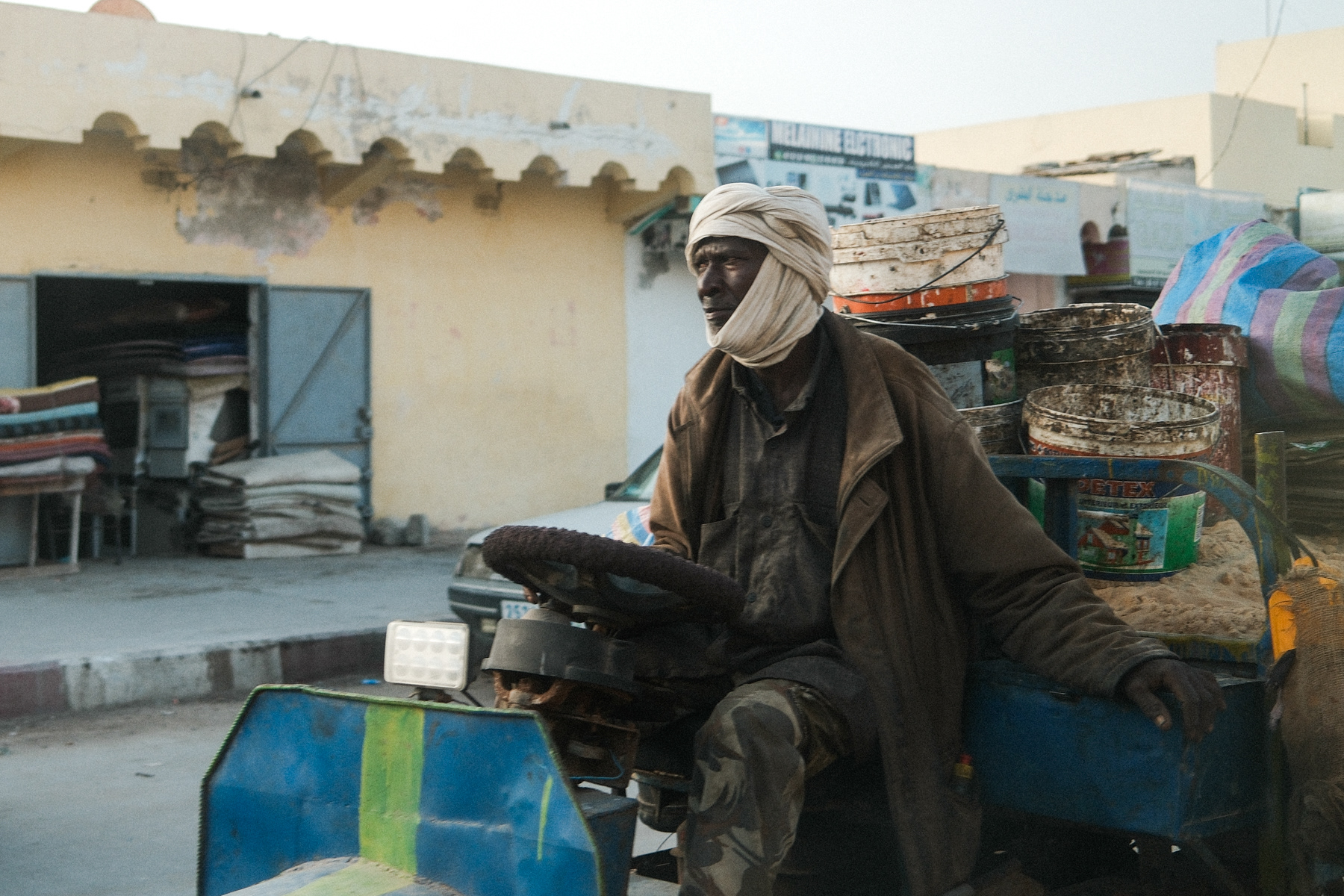
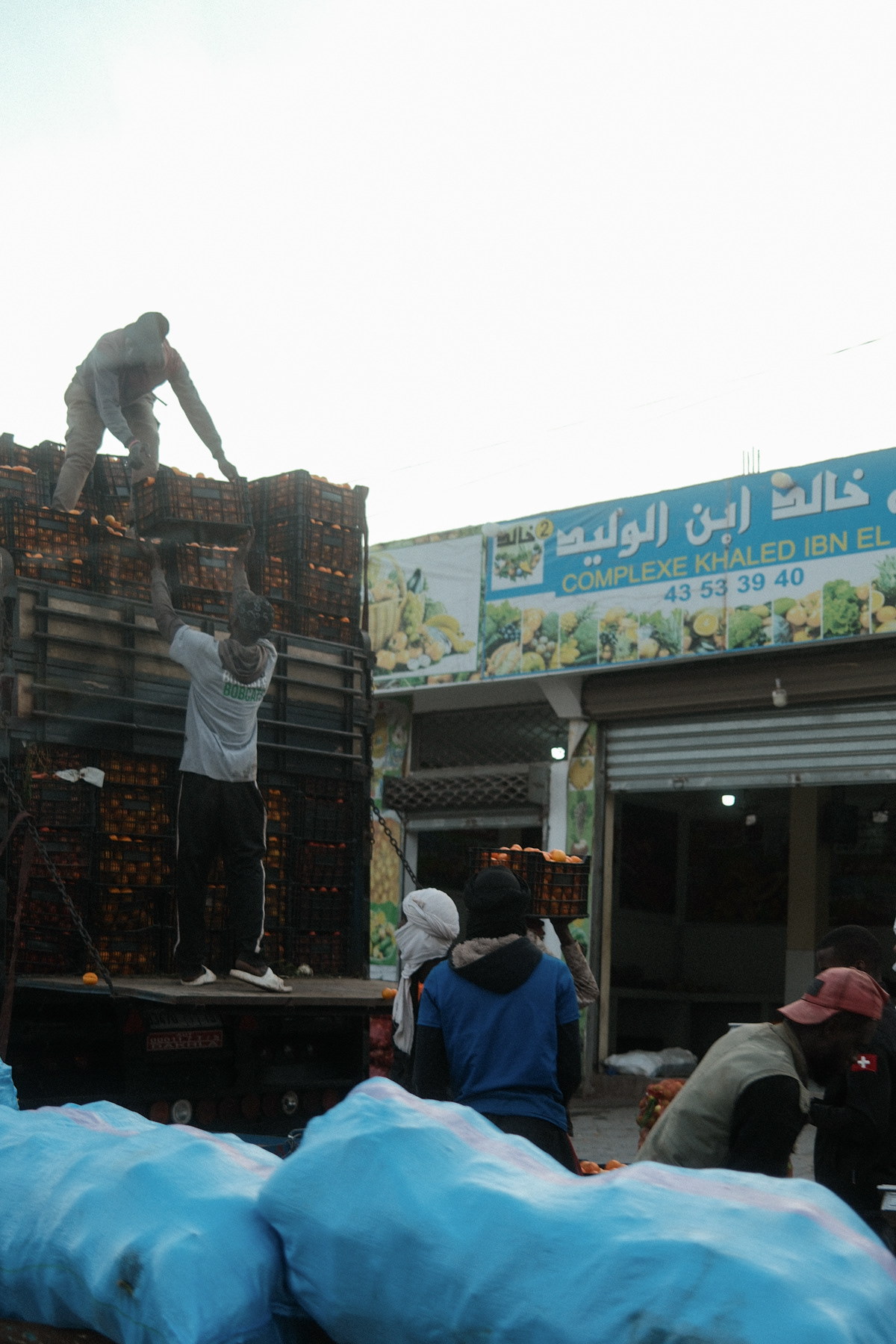
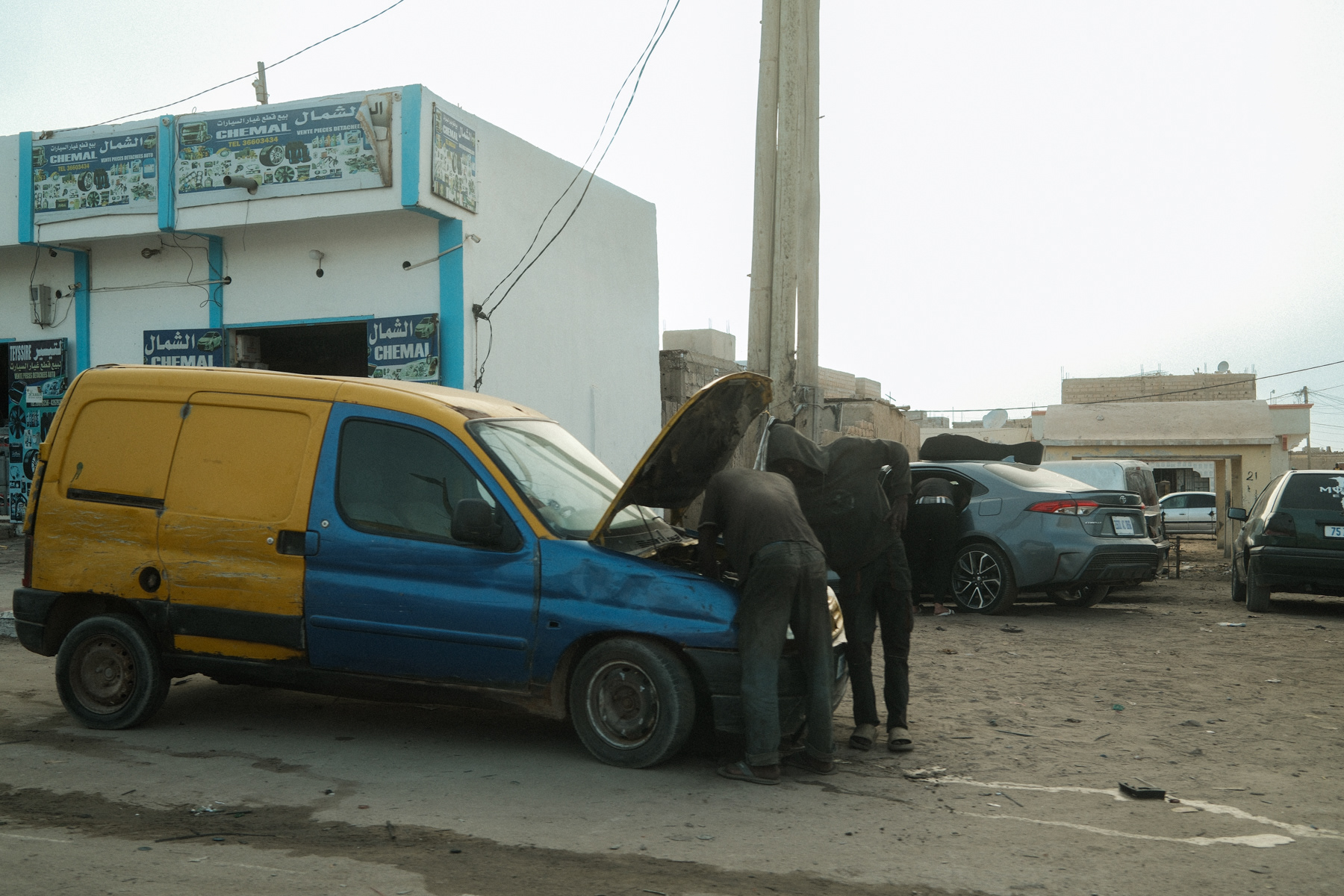

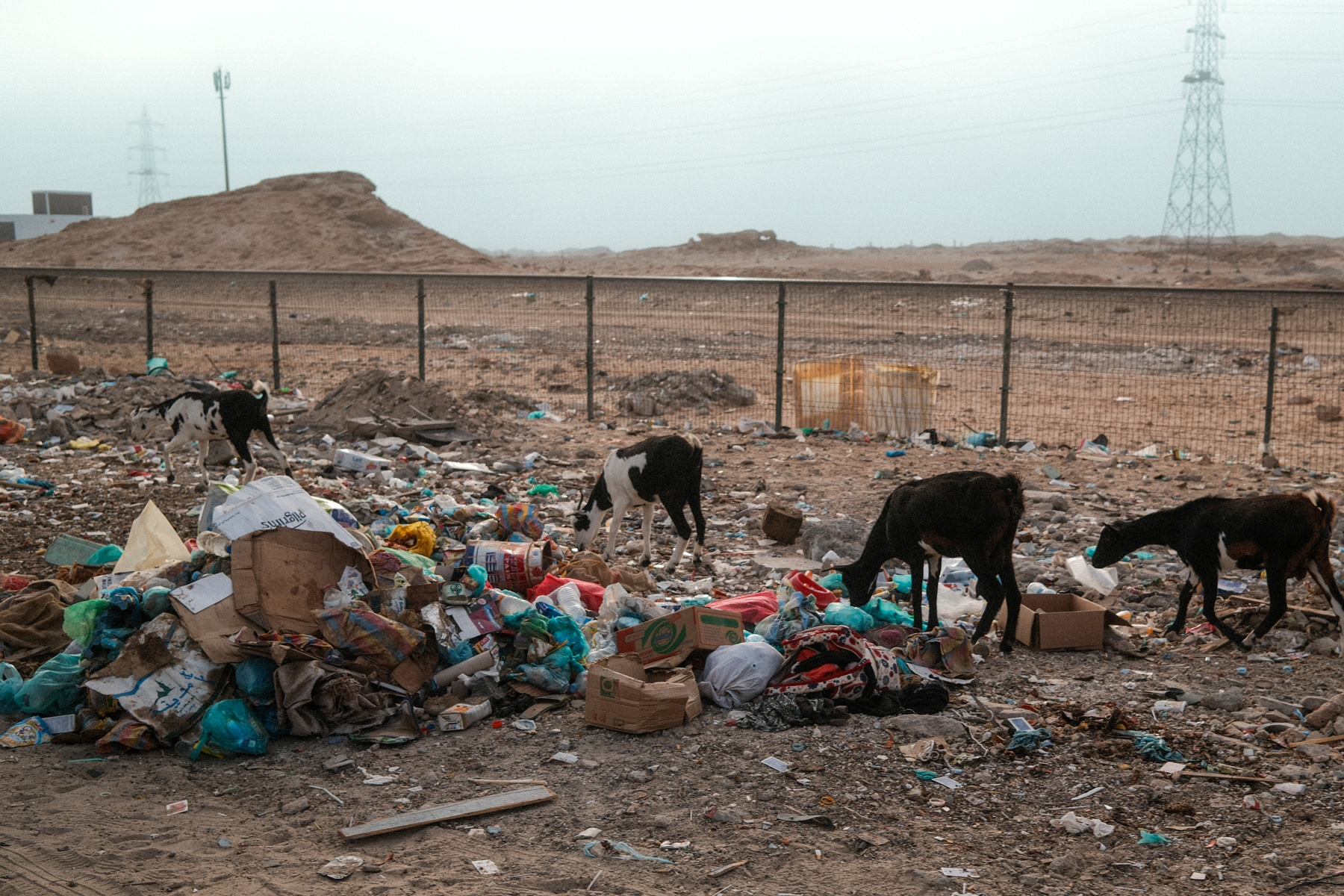
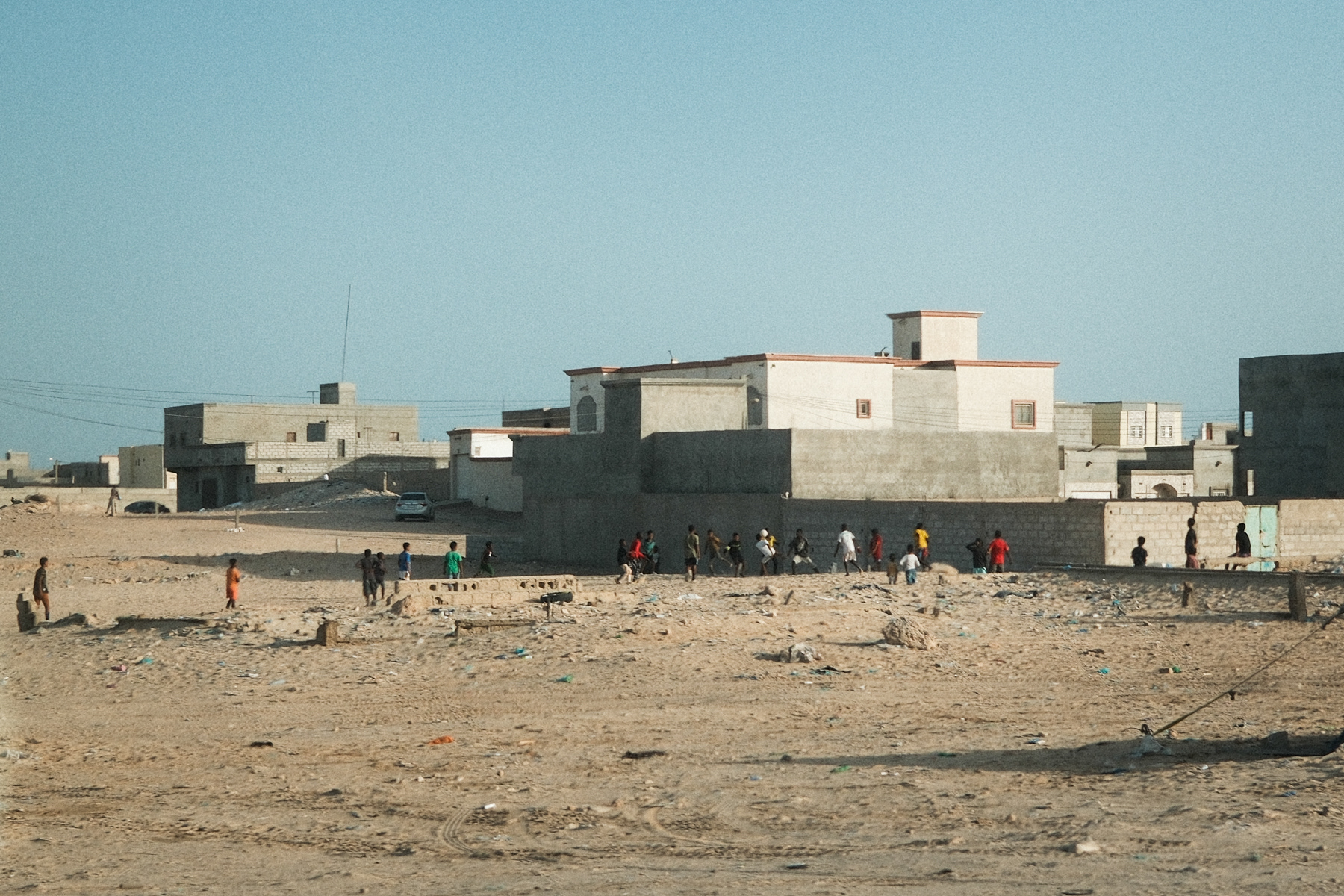
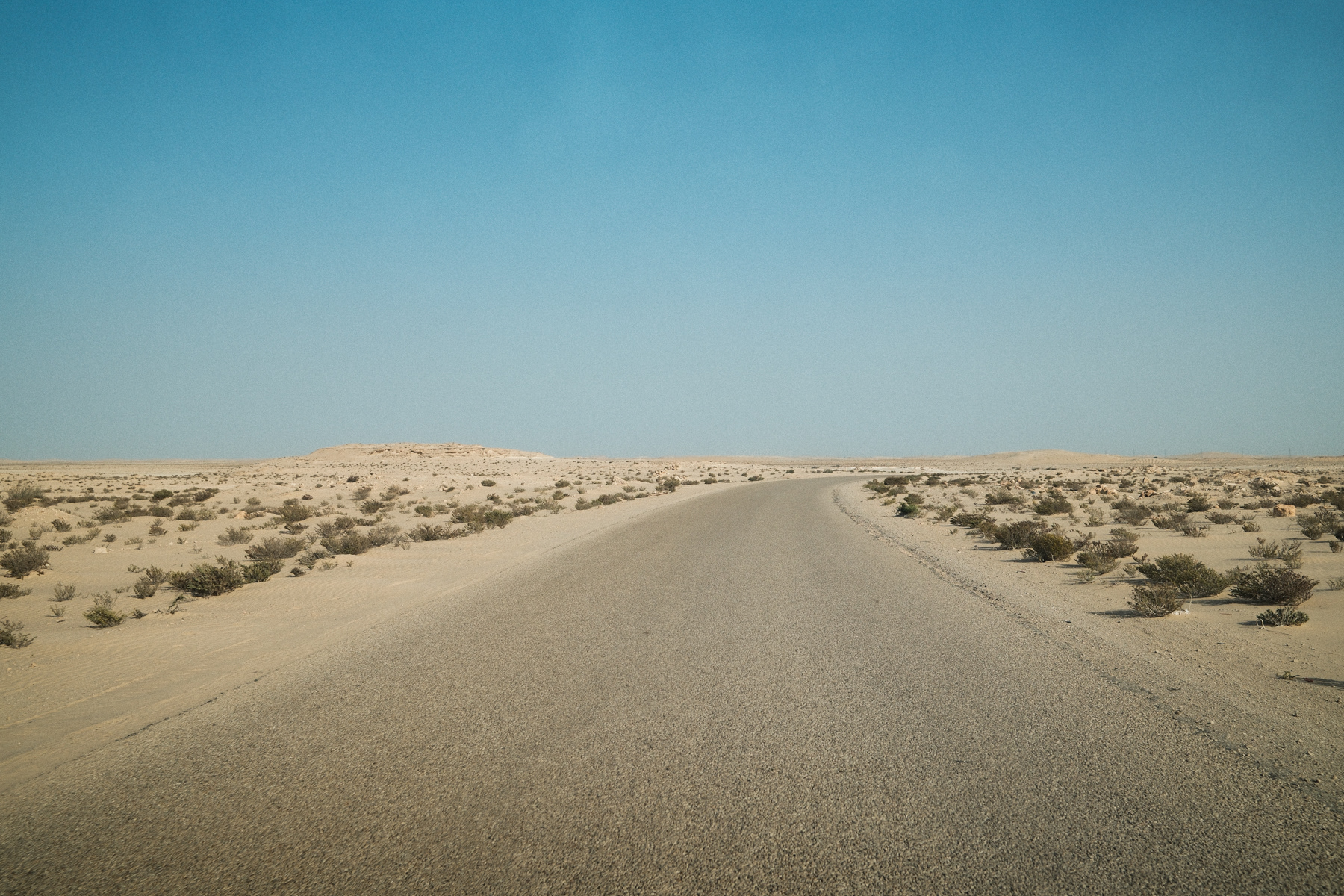
A Journey into the Soul of the Desert – Riding the Iron Train Through Mauritania
The sun sinks behind the endless dunes of the Sahara, setting the sky ablaze in soft gold and fiery orange. The Iron Train groans as it cuts through the vastness, its metal wheels rattling over the tracks, sending tremors through the desert floor. There’s something about this moment that steals my breath—a feeling that this isn’t just a journey, but a passage into another world. Mauritania unfolds before me, raw and untouched, a land of quiet resilience, where stories linger in the wind and the desert stretches beyond the limits of imagination.
Mauritania is a place of extremes. It is twice the size of Germany, yet it feels boundless. Over 90% of its land is swallowed by the Sahara, a golden expanse where time dissolves into silence. In Nouakchott, the capital, the streets pulse with life—markets overflowing with spices, fishermen hauling in the day’s catch—but just beyond the city, the modern world fades, giving way to a landscape that has remained unchanged for centuries. Villages of mud-brick houses stand resilient against the shifting sands, their walls shaped by the hands of generations. Life here moves to the rhythm of the desert, unhurried and deeply rooted in tradition.
Reaching Mauritania is an adventure in itself. The border crossing at Guerguerat, a stretch of no-man’s land between Western Sahara and Mauritania, is a test of patience. Hours melt under the scorching sun, passports exchanged between indifferent hands, the air thick with uncertainty. Rusted cars lie abandoned in the sand, remnants of travelers who came before. There is no rush here—Mauritania moves at its own pace. It demands patience, challenges you to surrender to its rhythm. And nowhere is that more evident than on the Iron Train.
This is not just a train. It is a steel beast, over two kilometers long, snaking through the desert with a guttural roar. It hauls iron ore from the mines of Zouérat to the port city of Nouadhibou, a lifeline between the heart of the Sahara and the Atlantic. But for those seeking adventure, it offers something more—a chance to ride atop the open freight cars, exposed to the elements, free in a way that few experiences in the world allow.
I climb onto a wagon, its surface coated in fine black dust. There are no seats, no compartments—just an endless stretch of iron beneath me, the desert beyond. The train jolts forward, and suddenly, I am moving through a world that feels infinite. The sun scorches by day, the cold bites at night, and the wind howls in my ears. The dust settles into my skin, my clothes, my lungs. And yet, none of it matters. Lying on my back, gazing at a sky untouched by city lights, I watch the Milky Way unfurl in all its brilliance. The train rumbles beneath me, a heartbeat in the silence of the desert, and for the first time in a long while, I feel small in the best possible way.
As a photographer, Mauritania is a dream. The light here is unlike anywhere else—harsh and golden in the afternoons, turning the dunes into waves of liquid fire, and then soft and ethereal as the day fades. The iron ore glows deep red in the dying sun, the wind carves intricate patterns into the sand, and every face I meet tells a story. Traders on camels move like shadows across the horizon, their robes billowing against the sky. Nomads welcome me into their tents with sweet mint tea, their weathered hands wrapped around delicate glasses. Children peek out from behind doorways, their laughter carried away by the wind.
One man I meet, his donkey laden with supplies, speaks of the desert as if it is alive. "The Sahara teaches patience," he says, his voice steady. "It tests you, but it also rewards you. Here, you cannot fight time. You must move with it."
His words linger as I sit atop the train, watching the horizon blur into twilight. The desert humbles you. It strips away the unnecessary, leaving only what truly matters. There is no room for excess here—just the rhythm of the wind, the shifting of the sand, the vastness of the sky.
The Iron Train is more than a journey. It is a lesson in endurance, in stillness, in surrendering to something greater than yourself. When we finally arrive in Nouadhibou after twelve hours of dust and wind, I step off the train, my face blackened with iron ore, my clothes stiff with dirt. I catch my reflection in a window and laugh—I look like I’ve walked straight out of a coal mine. But beneath the grime, my eyes shine with something new.
Mauritania has left its mark on me. Not just in the photographs I take, but in the way I see the world. It has shown me that beauty is not always in comfort, but in simplicity. In silence. In the fleeting moments that disappear as quickly as they come—the last embers of a fire, the echo of laughter in an empty desert, the way the light catches the dunes just before nightfall.
As the train disappears into the distance, I know this journey will stay with me forever. Because some places don’t just change your perspective—they change you. And Mauritania, with its endless sands, its starry skies, and the deep rumble of the Iron Train, has done exactly that.